Mastering Core Competencies for NCHW™ Certification
As Community Health Workers (CHWs) play an increasingly vital role in improving community health outcomes, mastering the core competencies required for NCHW™ Certification becomes crucial. The NCHW™ Certification sets a standard for excellence and recognizes the valuable contributions of CHWs across the nation. By acquiring the necessary skills and knowledge, CHWs can enhance their careers, gain recognition, and make a meaningful impact on community health. In this article, we will explore the core competencies required for NCHW™ Certification and how they empower CHWs to unlock their full potential.

NCHW™ Core Competencies
Communication Skills
Effective communication lies at the heart of CHW practice. CHWs must demonstrate strong interpersonal and communication skills to build relationships with individuals, families, and communities. This competency involves active listening, clear and culturally sensitive communication, and the ability to convey health information effectively.
Interpersonal and Relationship-Building Skills
Building trust and rapport is essential for CHWs to effectively engage with diverse populations. This competency focuses on fostering meaningful relationships, promoting patient-centered care, and facilitating collaboration among healthcare providers, community organizations, and individuals.
Service Coordination and Navigation Skills
CHWs serve as crucial links between individuals and healthcare systems. This competency involves assisting individuals in navigating healthcare services, coordinating care, and facilitating access to resources. CHWs must be skilled in identifying and addressing barriers to healthcare access.
Capacity Building Skills
Empowering individuals and communities to take control of their health is a key competency for CHWs. This involves providing education, training, and support to enhance self-efficacy and promote healthy behaviors. CHWs play a vital role in building community capacity to address health disparities and improve overall health outcomes.
Advocacy Skills
Advocacy is at the core of CHW practice, as they strive to address social determinants of health and promote health equity. CHWs need to advocate for policy changes, engage in community mobilization efforts, and empower individuals to advocate for their own health needs.
Education & Facilitation Skills
CHWs are educators and facilitators, providing health information and promoting health literacy within communities. This competency involves delivering culturally appropriate education, facilitating group discussions, and promoting behavior change through effective health education strategies.
Individual and Community Assessment Skills
Assessing the needs and strengths of individuals and communities is crucial for targeted and effective interventions. CHWs must possess assessment skills to identify health risks, develop individualized care plans, and conduct community health needs assessments.
Outreach Skills
Reaching out to underserved populations is a fundamental competency for CHWs. This involves conducting community outreach, engaging with hard-to-reach individuals, and promoting health services and resources.
Professional Skills and Conduct
Maintaining professionalism and adhering to ethical standards are essential for CHWs. This competency includes upholding confidentiality, respecting cultural diversity, practicing self-care, and engaging in ongoing professional development.
Evaluation and Research Skills
CHWs contribute to evidence-based practices and program evaluation. This competency involves understanding research methodologies, collecting and analyzing data, and using evaluation findings to improve program effectiveness.
Knowledge Base / Micro-credentials
Knowledge Base for NCHW™ certification encompasses an array of pivotal health topics, akin to the likes of Mental Health First Aid, Adverse Childhood Experiences (ACEs), and Health Equity, signifying a broad and adaptable understanding essential for effective practice.
As Community Health Workers (CHWs), understanding social determinants of health is crucial because they greatly influence individuals' health outcomes. By recognizing and addressing these social factors, CHWs can help improve the health and equity of the communities they serve.
The core competencies outlined above are subject to periodic updates by the NCHW™ Registry to ensure their alignment with industry standards and emerging trends in community health work.
NCHW™ Registry Application Process
To learn more about the application process and the opportunities that await you, visit our Application Process page. Discover how to join the NCHW™ Registry community, dedicated to improving health outcomes and making a difference in the lives of individuals and communities.
